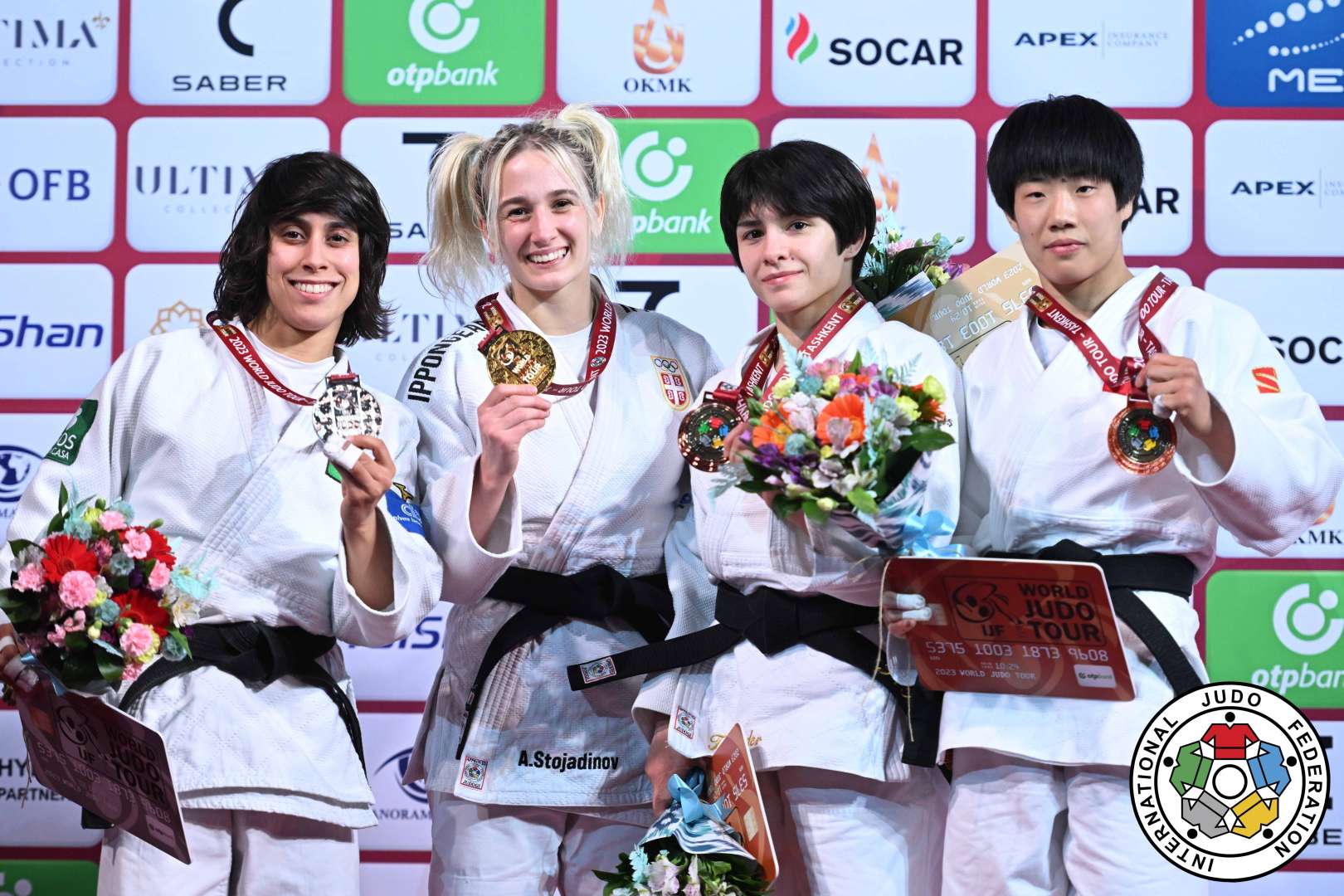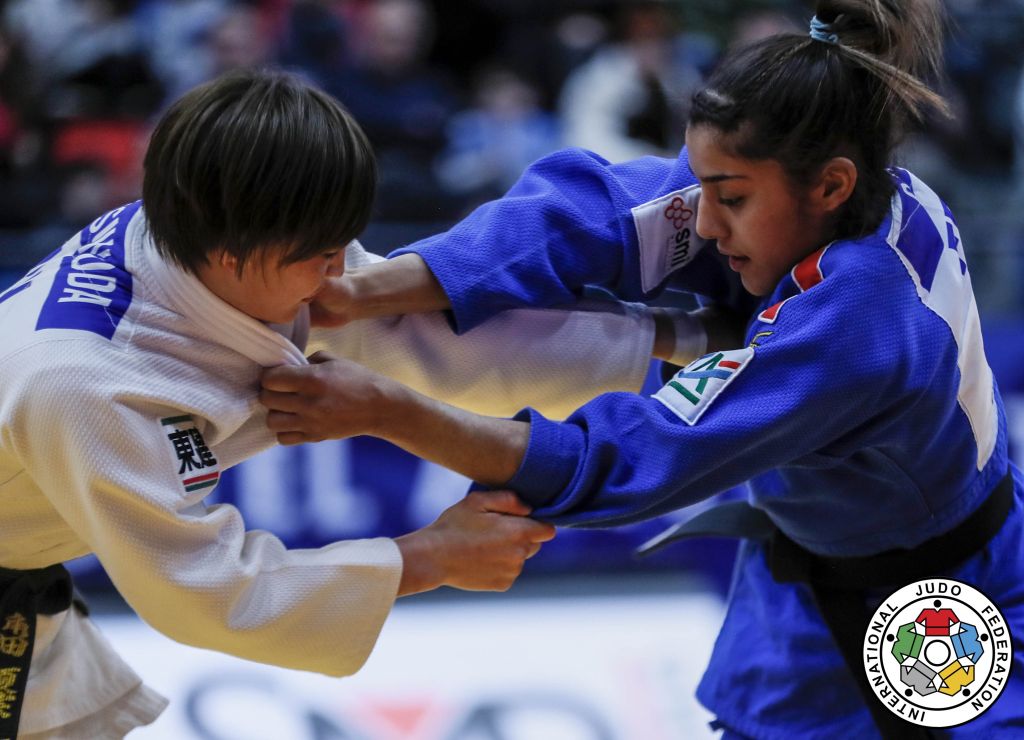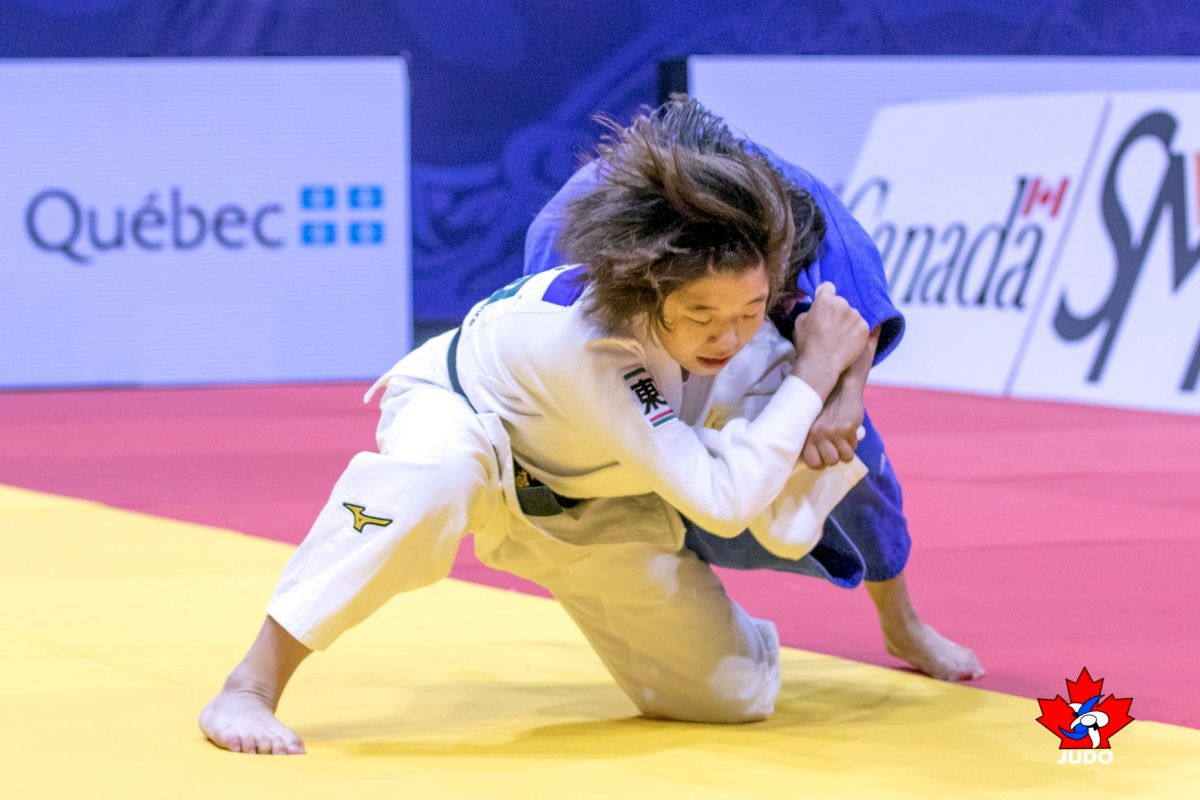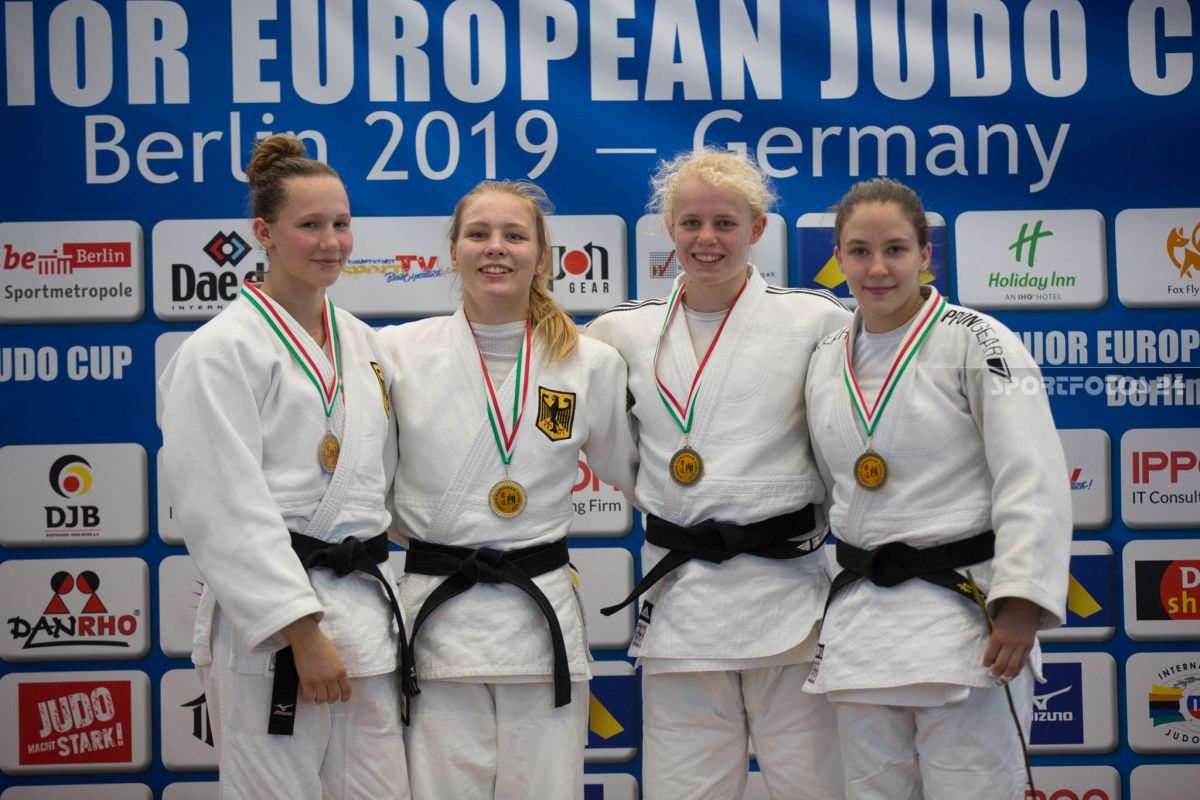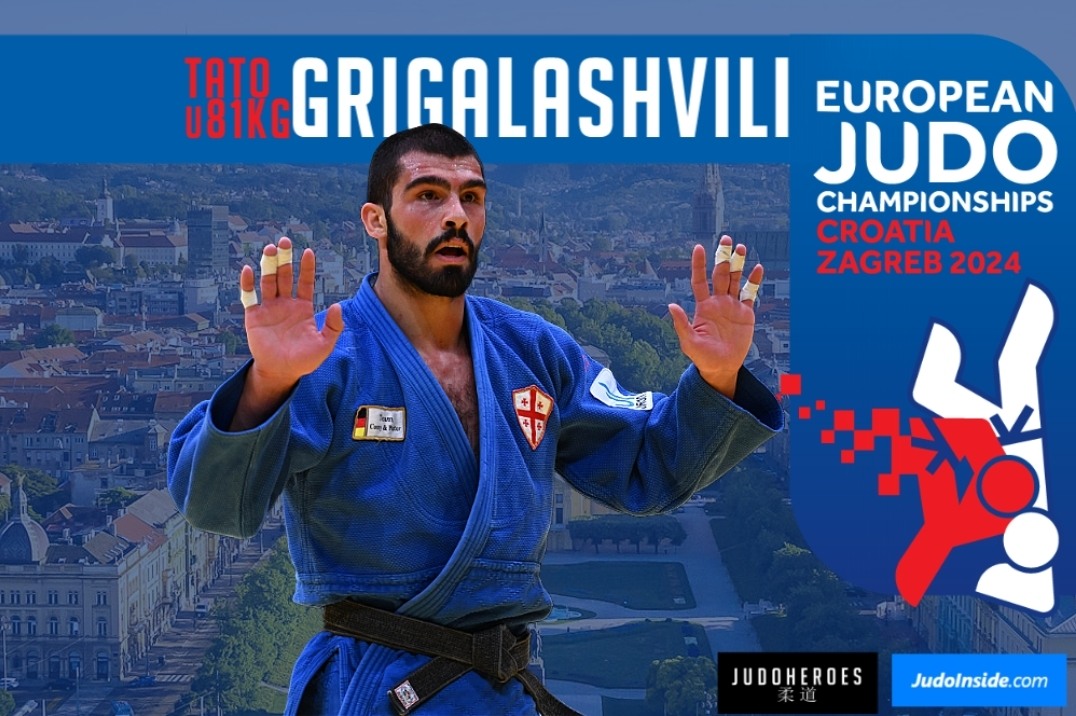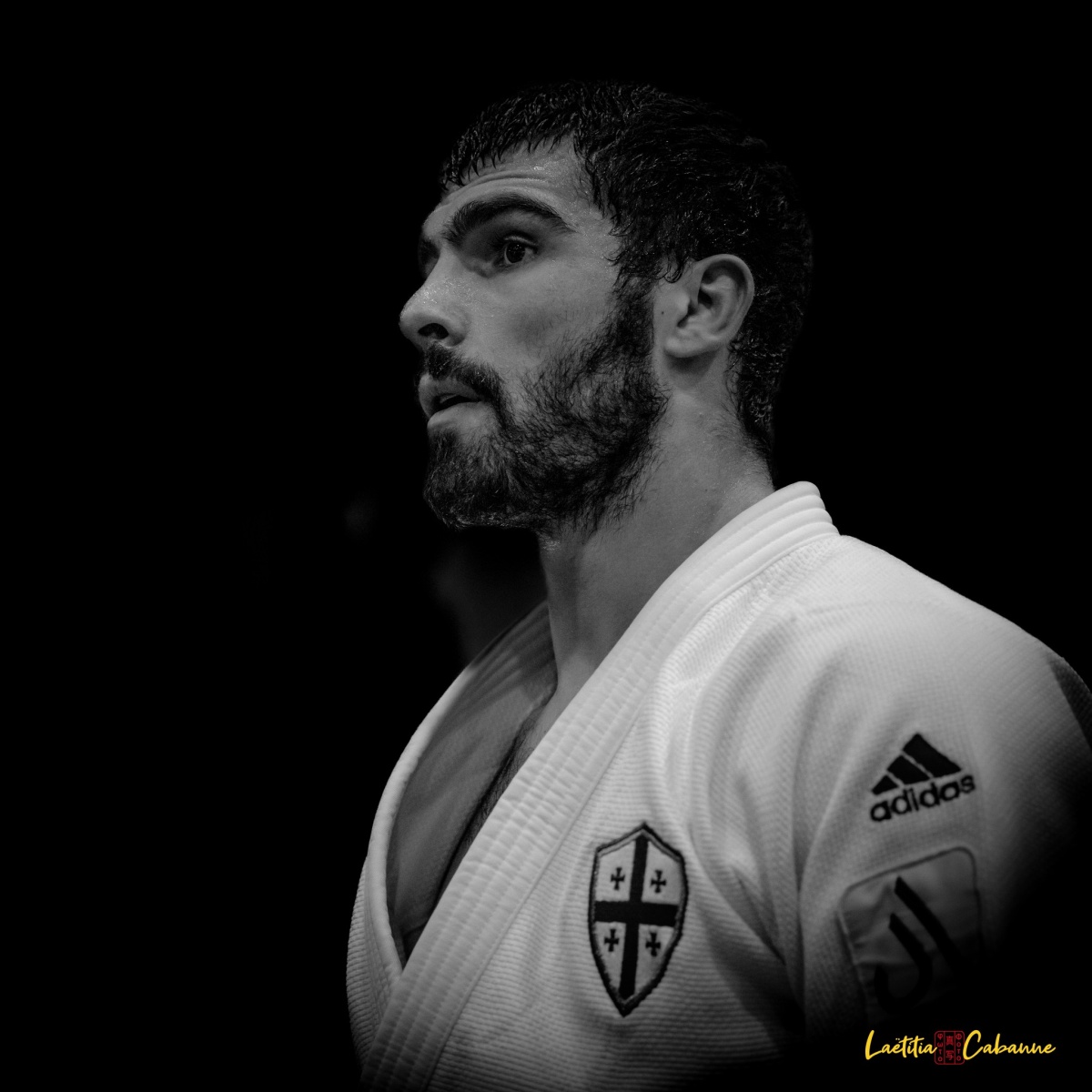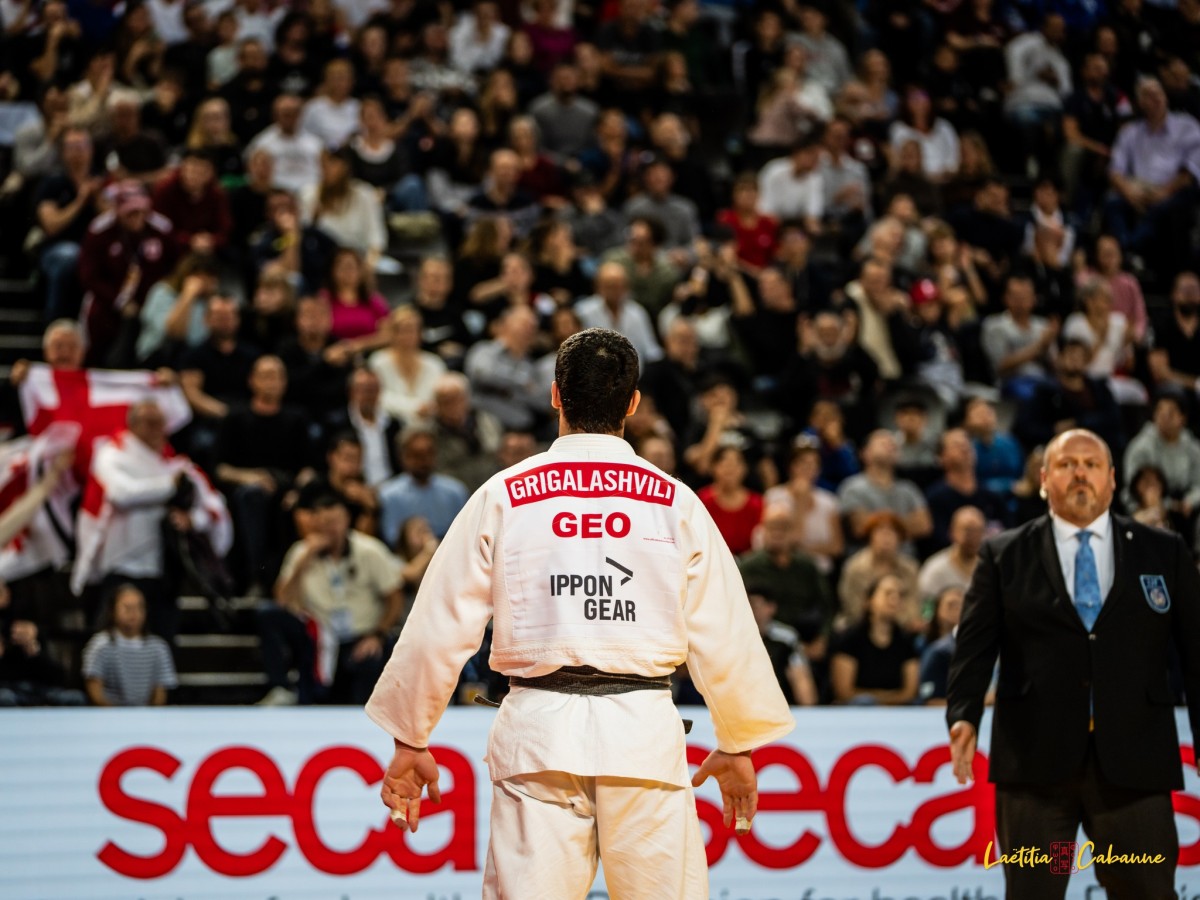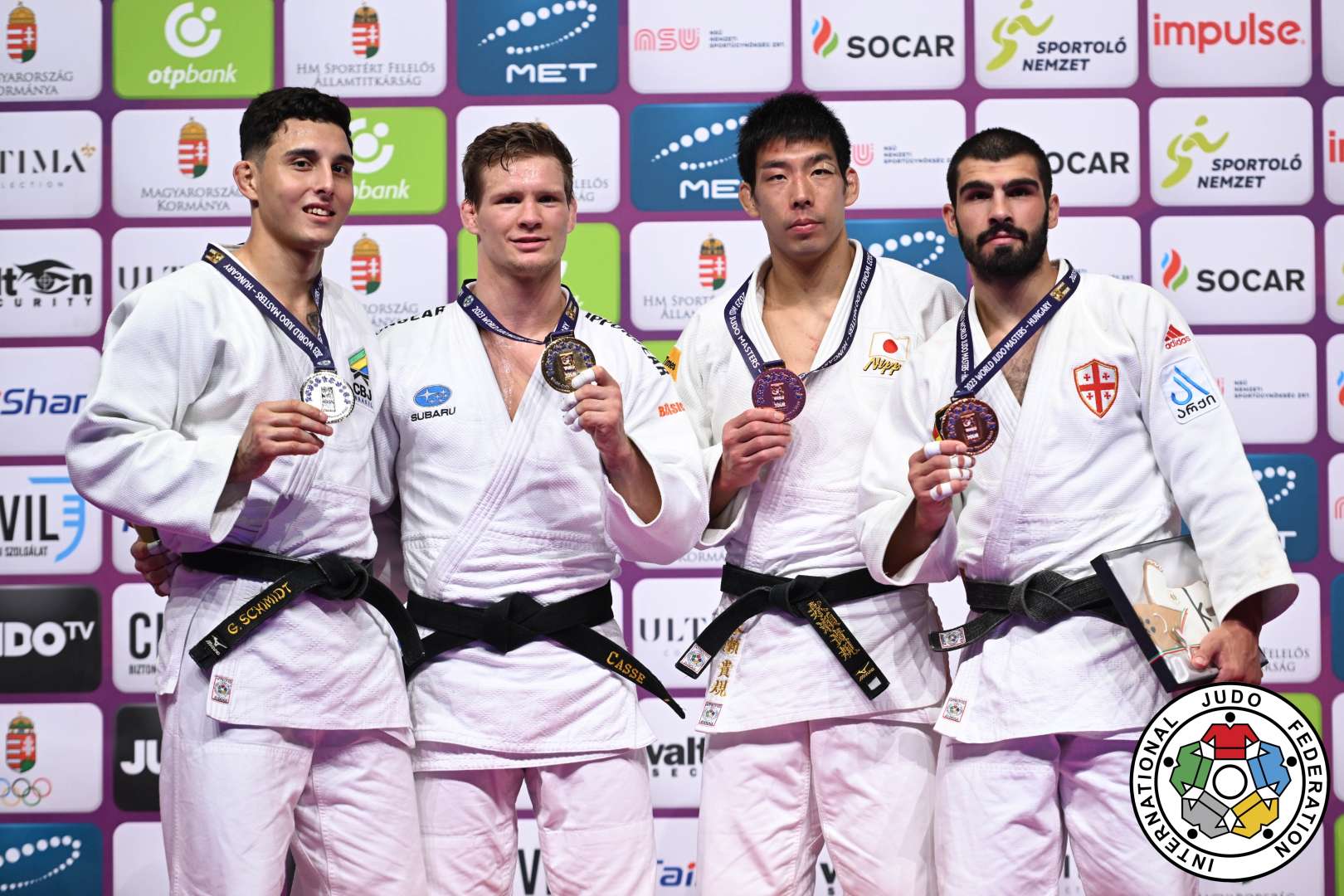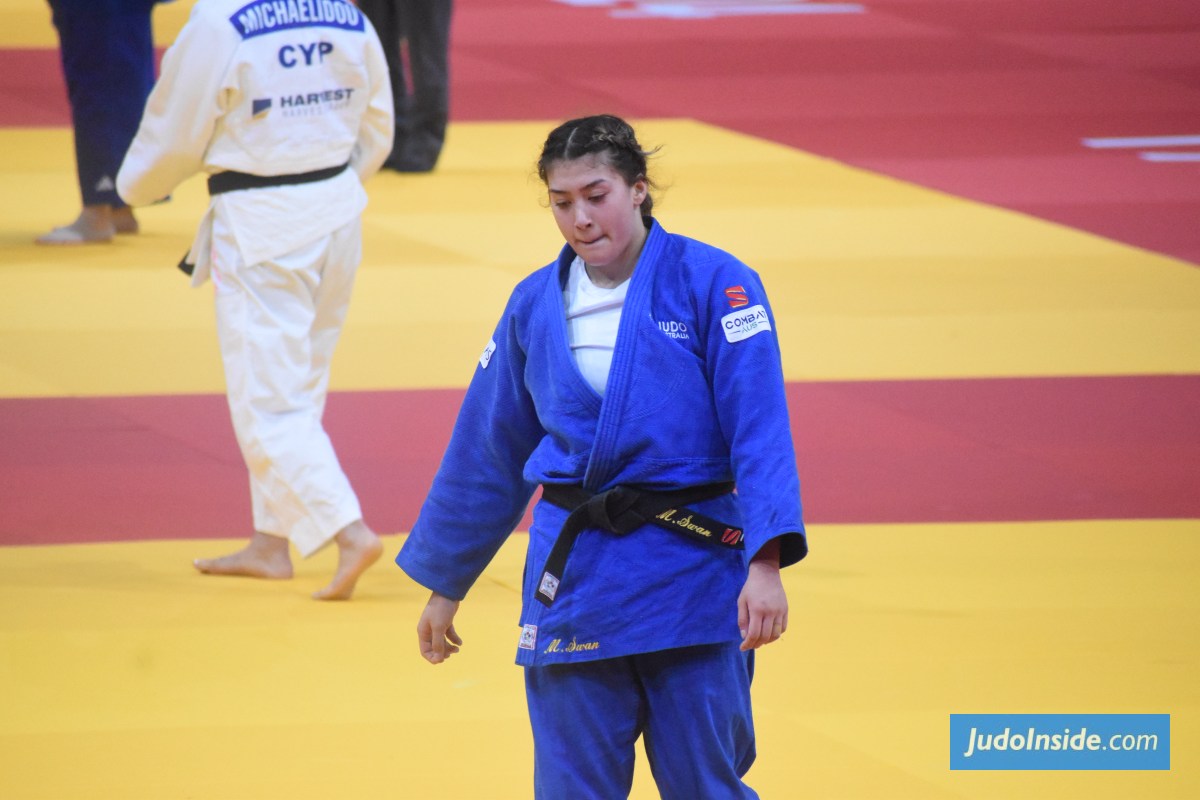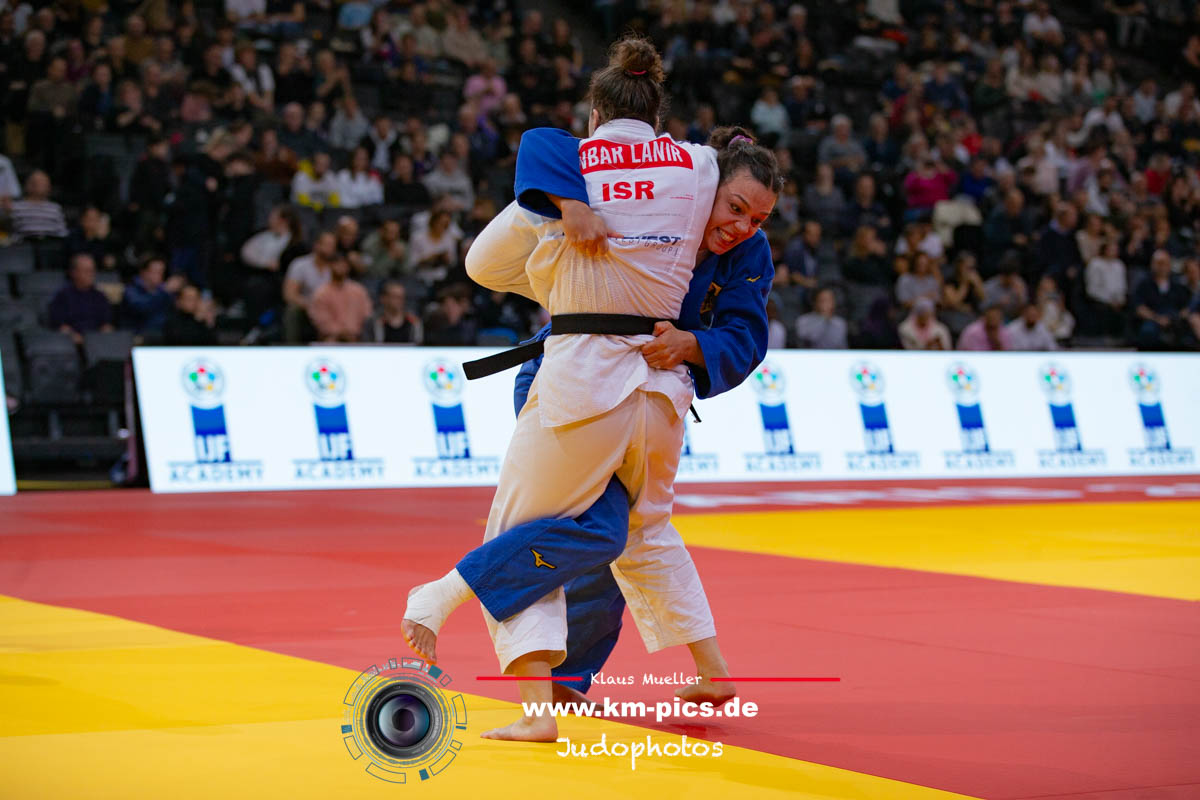Andrea Stojadinov back in the driver seat

 3 Mar 2023 23:50
3 Mar 2023 23:50
 IJF Media team by Nicolas Messner and JudoInside
IJF Media team by Nicolas Messner and JudoInside
 JudoHeroes & IJF Media / Copyright: www.ijf.org
JudoHeroes & IJF Media / Copyright: www.ijf.org
Serbia’s Andrea Stojadinov became the winner of the women’s U48kg class at the Grand Slam in Tashkent. What a relief for the super talent that suffered so much last two years and had to skip the Olympic Games. She was twice world junior medallist and three times grand slam bronze medallist, and she did the best and offered herself a first chance of gold medal in a Grand Slam in Uzbekistan, where she was successful previously, this time with gold.
Winner of the first Grand Prix of Portugal, at home, last year in 2022, Catarina Costa (POR) endured several disappointments this year since she did not manage to be ranked in Portugal in January or in Paris in February. She nevertheless arrived in Tashkent as the top seed and 11th in the world rankings. Despite her defeats at the start of the season, she obviously continued to work on believing in herself, and qualified for the final of the event, after eliminating Gemma Maria Gomez Antona (ESP), Tugce Beder (TUR) and Wenna Zhuang (CHN) in the semi-finals, enough to reassure her about her state of form, as the world championships approach.
Stojadinov was quickly penalised with a first shido, almost immediately followed with a second penalty, as Costa was permanently attacking, leaving no room for Stojadinov to even think about coming forward. Then the Portuguese judoka took the lead with a waza-ari that needed the video refereeing to be confirmed. The danger for the unceasingly attacking Costa was to also produce some false attacks and she was actually penalised twice. With a few seconds left, even less, Stojadinov produced a seoi-nage that needed some analysis.
Was it a proper technique and a score or a reverse seoi-nage and no-score? The video was clear, as there was no change in direction, the attack was continuous and Costa actually fell forward and not backward and so the waza-ari was given. It was then time for golden score. The tactic used by Costa during the first half of the final was a risk because once again as much as she attacked, she was often close to the line of false attack. Unfortunately, this is what happened. The third shido was given to Costa and Andrea Stojadinov could enjoy her first victory in a grand slam, for her first appearance at that level.
In the first match for a bronze medal there were Tugce Beder (TUR) and Laura Martinez Abelenda (ESP). Incapable of producing proper attacks, Beder was penalised with a first shido. A little while later both athletes were penalised for avoiding the grip. Looking at the match as a whole, it seemed that Martinez Abelenda had a little advantage over her opponent, who was under the threat of a third penalty. The Spaniard decided to take her chance and to push to score or at least to make that third penalty fall but after she attacked with a seoi-nage on her knees, Tugce Beder took her chance and applied a shime-waza, from which Laura Martinez Abelenda was incapable of escape. It was ippon and the bronze medal for Tugce Beder.
China had their first guaranteed medal chance with the two athletes in the category, Zongying Guo (CHN) and Wenna Zhuang (CHN) qualified for the second bronze medal. It is always difficult to compete against a teammate, first of all because both athletes perfectly know each other as they train together on a daily basis, but also because you don't have a coach sitting in the chair to support you. Watching the first half of the match, they were therefore both already penalised twice. As Zhuang received the third shido, Zongying Guo was awarded the bronze medal.
 like
like
 share
share
.jpg)
| Result | City | Date |
|---|---|---|
| 1 | Zagreb | 26 Apr |
| 3 | Belgrade | 2023 |
| 2 | Montpellier | 2023 |
| 3 | Budapest | 2023 |
| 1 | Doha | 2023 |
| Result | City | Date |
|---|---|---|
| 1 | Tashkent | 2 Mar |
| 1 | Paris | 3 Feb |
| 1 | Budapest | 2023 |
| 2 | Tokyo | 2023 |
| 5 | Montpellier | 2023 |

